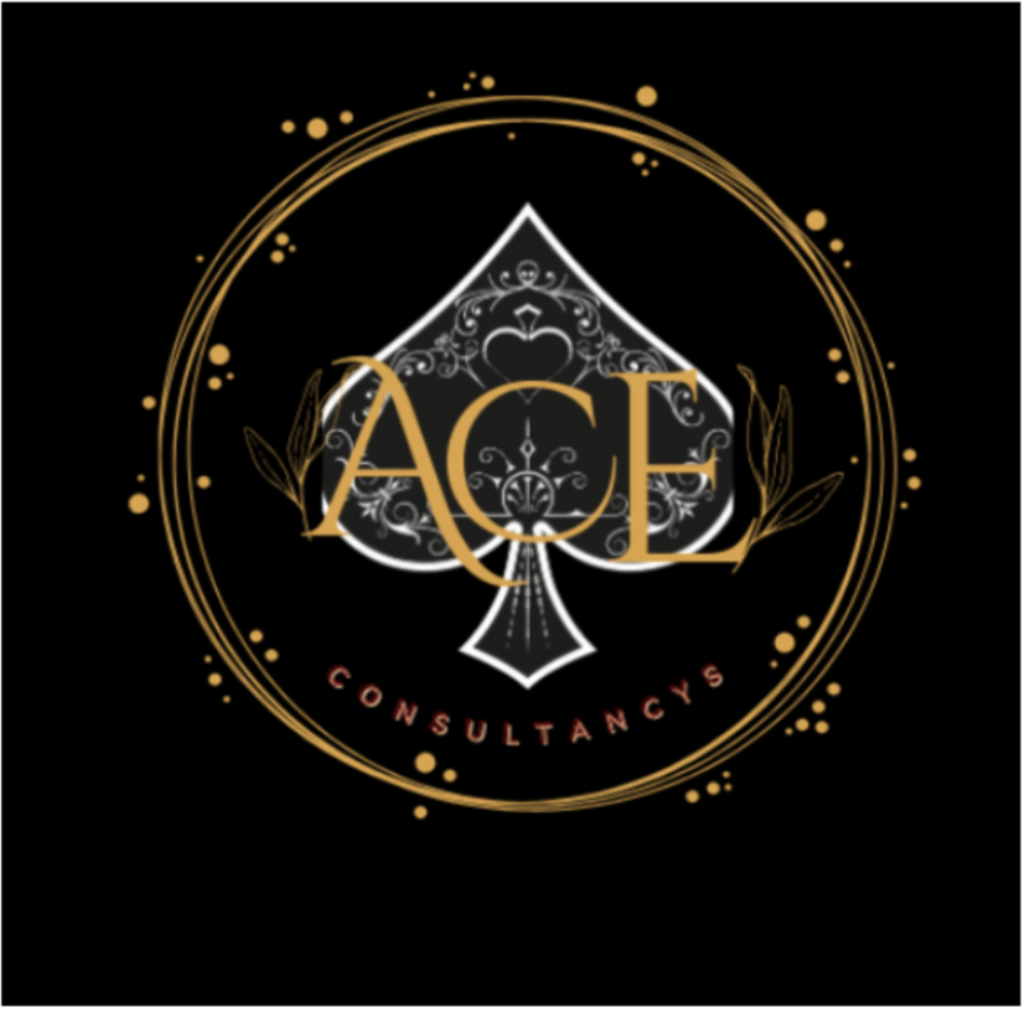Introduction
Customer Relationship Management (CRM) software has become indispensable for small businesses looking to streamline operations and boost growth. With the right CRM features, small businesses can effectively manage customer interactions, improve sales processes, and enhance customer satisfaction. According to a report by Grand View Research, the global CRM market is expected to reach $157.6 billion by 2030, highlighting its critical importance in today’s business landscape. This article explores the must-have CRM features for small businesses that can transform customer relationships and drive sustainable growth.
Why Small Businesses Need CRM Features
Small businesses face unique challenges that the right CRM features can help overcome. With limited resources and fierce competition, small businesses must maximize efficiency while providing exceptional customer service. Research by Nucleus Research shows that CRM implementation delivers an average ROI of $8.71 for every dollar spent, making it a worthwhile investment for resource-conscious small businesses. The must-have CRM features discussed below can help small businesses compete effectively with larger enterprises without breaking the bank.
Contact Management
At the core of any effective CRM system lies robust contact management capabilities. This must-have CRM feature allows small businesses to centralize customer information, including contact details, interaction history, purchase records, and communication preferences. By maintaining a comprehensive database, businesses can quickly access relevant information during customer interactions, resulting in more personalized service.
Advanced contact management features might include:
- Automated data entry to reduce manual input
- Contact segmentation for targeted marketing
- Custom fields for industry-specific information
- Timeline views of all customer interactions
A study by Salesforce found that 79% of business buyers say it’s critical or very important to interact with a salesperson who is a trusted advisor—not just a sales rep—who adds value to their business. Effective contact management enables this trusted relationship by providing complete customer context.
Sales Pipeline Management
For small businesses, effectively managing the sales process is crucial for sustainable growth. Sales pipeline management, a must-have CRM feature, provides visibility into deals at various stages, helping teams prioritize opportunities and forecast revenue accurately.
Effective sales pipeline management features should include:
- Customizable sales stages reflecting your unique process
- Visual dashboards showing deal status and pipeline health
- Automated movement of deals through the pipeline based on actions
- Win/loss analysis to refine sales strategies
According to HubSpot Research, companies with a clearly defined sales process experience 18% more revenue growth compared to companies without one. A CRM with strong pipeline management features provides this structure.
Email Integration
Email remains the primary communication channel for most businesses. CRM systems with seamless email integration allow small businesses to track all customer communications in one place, ensuring nothing falls through the cracks.
Key email integration features include:
- Two-way synchronization with popular email providers
- Email templates for consistent messaging
- Email tracking to see who opened and clicked
- Email scheduling for optimal delivery times
A study by SuperOffice found that 80% of businesses using CRM for email marketing saw increased open rates, while 47% reported higher click-through rates. This must-have CRM feature bridges the gap between communication and customer management.
Reporting and Analytics
Data-driven decision making is no longer optional for small businesses. Comprehensive reporting and analytics features transform raw data into actionable insights that guide strategy and operations.
Essential reporting and analytics capabilities include:
- Customizable dashboards showing key performance indicators
- Sales forecasting based on pipeline data
- Customer behavior analysis
- Team performance metrics
According to Forrester, insight-driven businesses grow at an average of 30% annually—a critical advantage for small businesses looking to scale. With the right analytics, small businesses can identify trends, spot opportunities, and address issues before they become problems.
Mobile Access
Today’s business environment requires flexibility and accessibility. Mobile CRM access ensures teams can manage customer relationships from anywhere, at any time. For small businesses with limited staff wearing multiple hats, this must-have CRM feature is particularly valuable.
Important mobile CRM capabilities include:
- Full functionality on smartphones and tablets
- Offline access to critical information
- Location-based services for field sales
- Mobile notifications for important updates
Research by Innoppl Technologies reveals that 65% of sales representatives who adopted mobile CRM achieved their sales quotas, while just 22% of those using non-mobile CRM reached the same targets. In today’s mobile-first world, this feature can significantly impact productivity and results.
Automation and Workflow Tools
Small businesses often operate with limited staff, making efficiency paramount. Automation features within CRM systems help streamline repetitive tasks, ensuring consistent processes while freeing team members to focus on high-value activities.
Key automation capabilities include:
- Automated email responses and follow-ups
- Task creation based on customer actions
- Lead scoring and routing
- Workflow rules for consistent processes
A study by McKinsey found that 45% of paid activities could be automated using currently demonstrated technologies, representing a massive opportunity for small businesses to do more with less. By leveraging must-have CRM features like automation, small businesses can operate more efficiently and scale without proportional staff increases.
Integration Capabilities
No software exists in isolation, especially for small businesses using multiple tools. A CRM with strong integration capabilities connects with your existing tech stack, creating a unified system where data flows seamlessly between applications.
Important integration features include:
- Pre-built connectors for popular business applications
- API access for custom integrations
- Data mapping and transformation capabilities
- Bi-directional synchronization
According to a report by Blissfully, the average small business uses 102 different apps across their organization. Without proper integration, this leads to data silos and inefficiencies. CRM systems with robust integration capabilities create a cohesive technology ecosystem that enhances productivity and provides a complete view of customer interactions.
Conclusion
For small businesses, implementing a CRM with the right features isn’t just about keeping up with competitors—it’s about creating a sustainable advantage through superior customer relationships. The must-have CRM features discussed above provide the foundation for efficient operations, data-driven decision making, and exceptional customer experiences. By carefully evaluating these features when selecting a CRM system, small businesses can make an investment that delivers returns far beyond the initial cost.
As your business grows, these must-have CRM features will scale alongside you, supporting your evolution from small business to industry leader. Whether you’re just starting your CRM journey or looking to upgrade your existing system, focusing on these essential capabilities will ensure you’re building on solid ground.
What did you think about this article on must-have CRM features for small businesses? We’d love to hear your feedback in the comments below. If you found this information helpful, please share it with your network on social media to help other small business owners make informed decisions about their CRM needs!
FAQ
How much does a small business CRM typically cost?
Small business CRM pricing varies widely, from free options with limited features to $100+ per user monthly for advanced systems. Most small businesses find suitable options in the $12-50 per user/month range, with costs depending on features, number of users, and implementation requirements.
How long does it take to implement a CRM system?
Implementation timelines depend on complexity and customization needs. Basic setups can be operational within a few days, while more comprehensive implementations typically take 2-8 weeks. Consider starting with core must-have CRM features and expanding gradually.
What’s the biggest challenge in CRM adoption for small businesses?
User adoption remains the primary challenge. Without proper training and clear benefits demonstration, team members may resist the change. Choosing a user-friendly CRM with intuitive interfaces and providing adequate training significantly improves adoption rates.
Can I start with basic CRM features and upgrade later?
Absolutely. Many CRM providers offer tiered plans allowing businesses to start with essential features and scale up as needed. This approach minimizes initial investment while providing a path for growth as your business requirements evolve and you need more advanced must-have CRM features.








